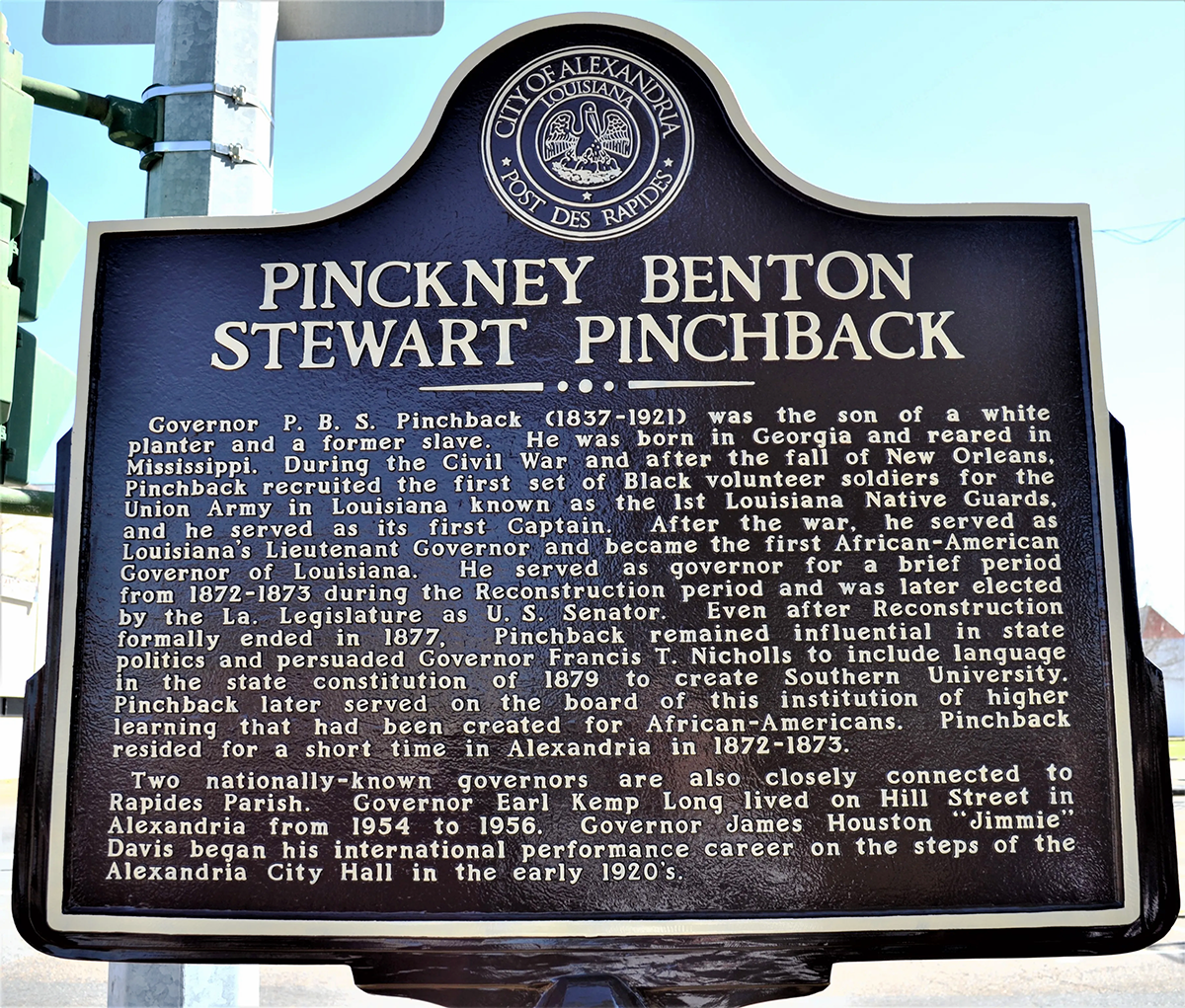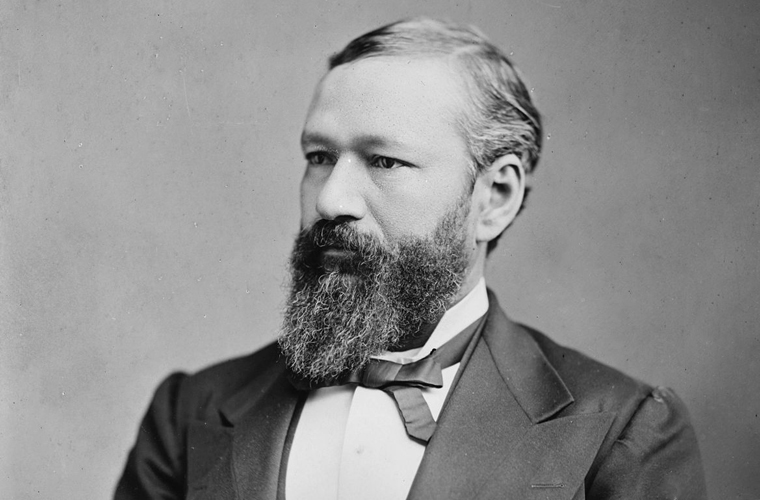Pinckney Benton Steward Pinchback, often referred to as P.B.S. Pinchback was an influential figure in American politics and civil rights during the Reconstruction Era. His life and career were marked by numerous firsts for African Americans in public office, including being the first to serve as a state governor.
Pinchback was born on May 10, 1837, in Macon, Georgia. He was the son of William Pinchback, a white planter, and Eliza Stewart, a former slave of mixed race. His parents’ relationship was not legal at the time, so Pinchback and his siblings were considered free people of color. In 1848, Pinchback’s family moved to New Orleans, Louisiana, where his father died shortly after their arrival. Pinchback’s mother then married a successful businessman, Timothy Baker, who became a mentor to Pinchback and helped him get an education.
Pinchback attended the University of Louisiana, which is now known as Tulane University, but he did not graduate. Instead, he left college to fight in the Civil War, where he served as a captain in the Union Army’s Corps d’Afrique, a unit composed of African American soldiers. After the war, Pinchback became involved in Louisiana politics and was elected to the Louisiana State Senate in 1868. He was re-elected in 1870 and became the president pro tempore of the Senate. In 1871, he was elected as Lieutenant Governor of Louisiana, making him the first African American to hold statewide office in the United States.

In 1872, Pinchback’s political career reached a historic milestone when he became the first African American to serve as governor of a U.S. state. Governor Henry C. Warmoth was facing impeachment, and under Louisiana law, Pinchback was next in line to succeed him. He served as governor for 35 days, but his tenure was marked by controversy. Opponents challenged his right to hold the office of governor, arguing that the Louisiana Constitution did not allow for a person of mixed race to hold the position. The Louisiana Supreme Court ultimately ruled against Pinchback, and the state legislature refused to confirm his appointment as governor.
Despite the setback, Pinchback remained an active and influential figure in Louisiana politics for many years. He continued to advocate for civil rights and equal treatment for African Americans, and he played a key role in the establishment of Southern University, a historically black university in Baton Rouge. In addition to his political work, Pinchback was a successful businessman and journalist. He founded the New Orleans Louisianian newspaper and also worked as a customs collector and U.S. marshal.
Pinchback’s life and legacy as a pioneering African American politician and civil rights leader have been recognized by numerous organizations and institutions. In 2020, a statue of Pinchback was unveiled in New Orleans, joining a growing number of public monuments honoring African American leaders and historical figures.

